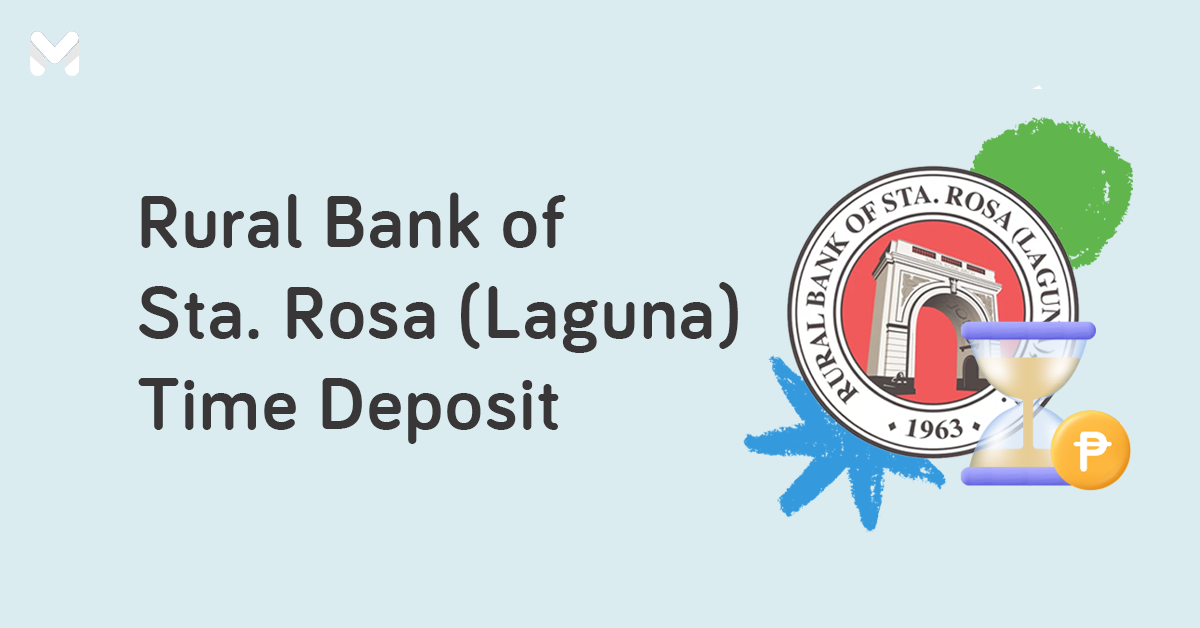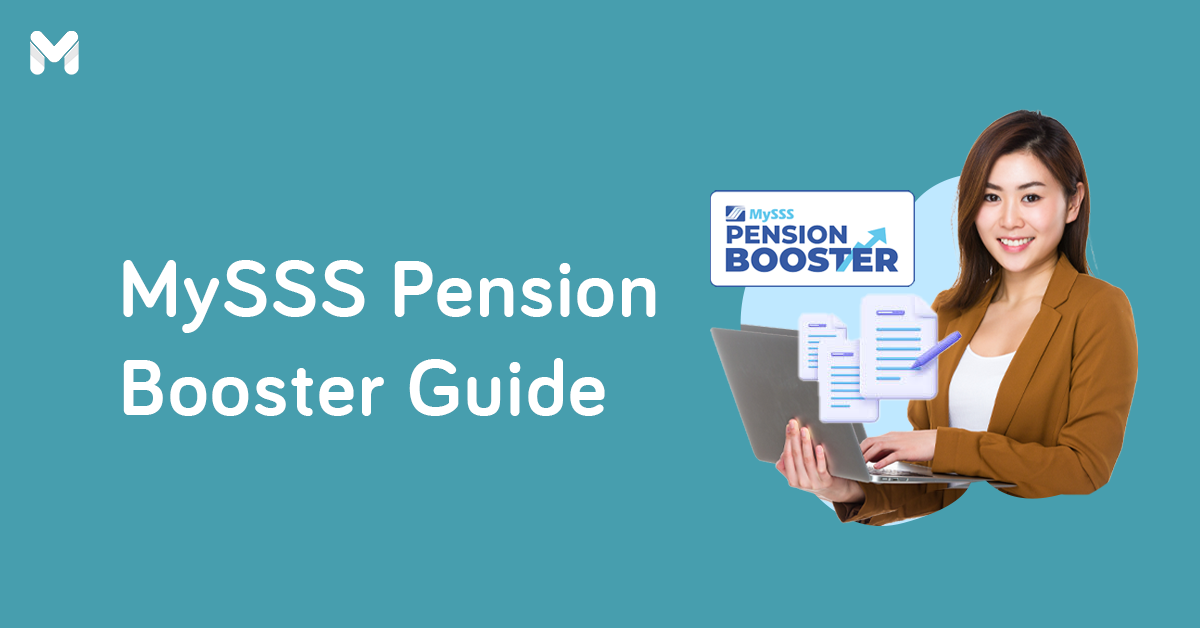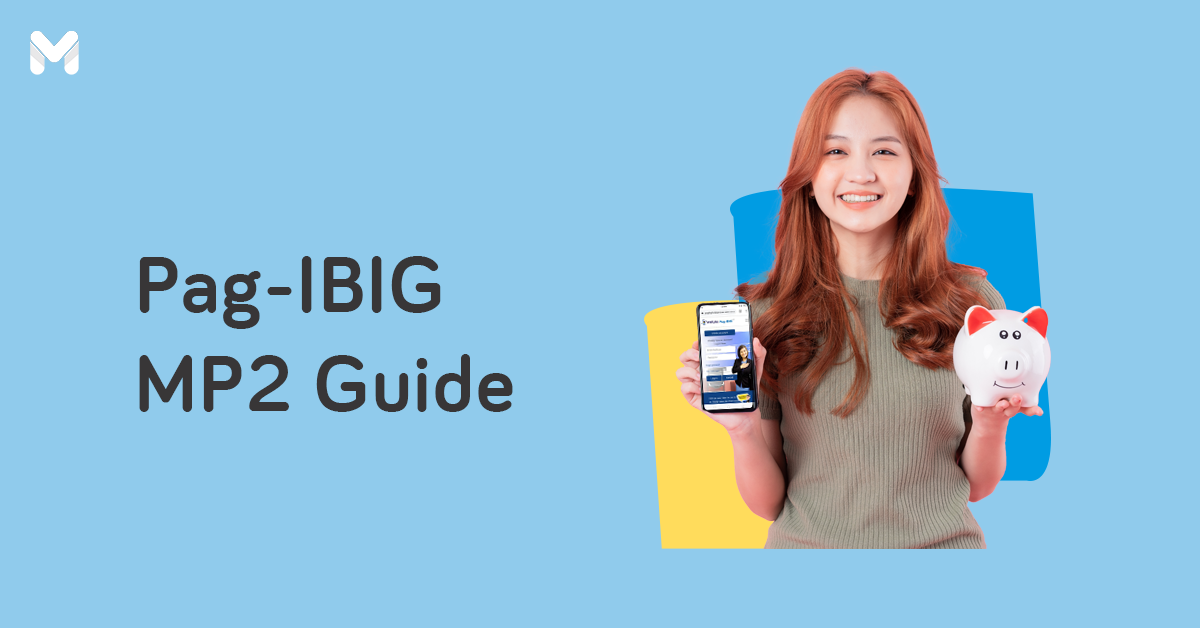Investing allows you to make money work for you rather than the other way around through the power of compounding interest. But with so many options for the best investments in the Philippines, you’re left wondering where to put your money and what your investment portfolio should look like.
In an interview with Moneymax, Marvin Fausto, founding President of the Fund Managers Association of the Philippines (FMAP), advised to “invest with a purpose.”
So whether you’re building your retirement fund, saving up for your child’s education, or funding any financial goal, here are some of the best investments in the Philippines with great earning potential in 2023 and beyond.
What are the Best Investments in the Philippines for 2023?
Best Investments in the Philippines for Short-Term Goals
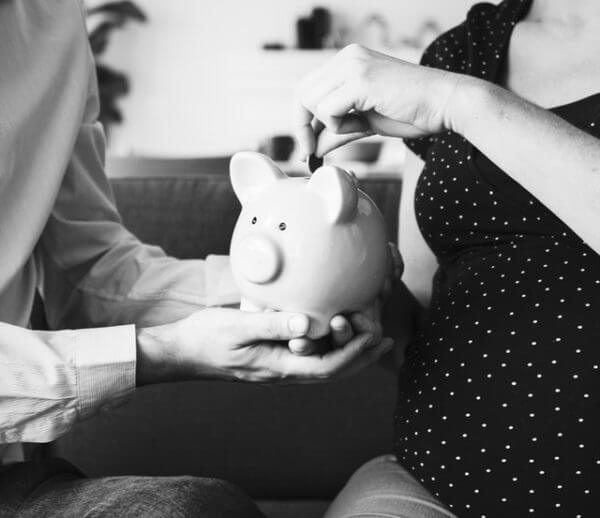
Short-term goals include saving for your upcoming wedding or a baby’s arrival. If you need the money in three years or less, it’s best to invest in safer and liquid investments.
Liquid assets are those that are easy to buy and sell, such as time deposits and money market funds, which make your money grow through set interest rates and maturity dates.
On the contrary, a house is not a liquid investment because it can take months or even years to sell.
If you need your money in less than three years, don’t go into risky investment opportunities in the Philippines, such as the stock market. This will not give you enough time to recover your losses if you enter the market at its peak and then it crashes. You may end up losing your hard-earned money.
Read more: How Do You Reach Your Financial Goals Through Investing?
📈 Time Deposit
Time deposits are among the top investments in the Philippines for people who are afraid of risks yet want to earn higher interest than a traditional savings account. Most savings accounts have interest rates of less than 1%, while time deposits earn up to more than 4%.
Let’s say you put ₱100,000 in a time deposit account with an interest rate of 3.70% per annum. After a year, you’ll get ₱103,700.
📈 Money Market Funds
This a good investment in the Philippines in 2023 for newbie and conservative investors who want to earn a little higher than time deposits. Money market funds are the best short-term investments for capital preservation in one year or less. They're invested in corporate bonds, government treasury bills, and other risk-free, short-term securities.
Read more: Investments for Beginners: Find the Right Investment for You
📈 Short-Term Corporate Bond Funds
Corporate bonds are generally safe, considering these are issued by corporations with high prospects of revenue or profitability.
Bond funds are a collection of corporate bonds from different companies under various industries and pay interest, usually on a monthly basis.
However, short-term corporate bond funds are not insured, so you can still lose money. Still, the diversified investment nature of the bond funds makes them a safe and good investment in the Philippines.
📈 High Yield Savings Accounts
If you want to set aside your money for a while, then open a high-yield savings account and allow it to earn while it sits in the bank. It will help you safekeep your money and avoid unplanned purchases while earning up to 4% interest per annum.
A high-yield savings account is perfect for conservative investors who can do with little profit in exchange for the lowest investment risk possible.
📈 GInvest
GInvest[1] is an investment platform accessible to all GCash users who wish to invest with GCash partners. ATRAM Trust Corporation is a GInvest partner that manages performing funds in the country. Here are a few funds you can invest in with ATRAM:
| Fund | Cumulative Performance Since Inception |
|---|---|
| ATRAM Global Technology Feeder Fund | 117.43% |
| ATRAM Global Consumer Trends Fund | 41.77% |
| ATRAM Philippine Equity Smart Index Fund | 9.24% |
| ATRAM Total Return Peso Bond Fund | 28.19% |
Note: GInvest doesn’t impose charges whenever you invest in ATRAM. However, ATRAM charges annual trust fees for each investment fund.
📈 Certificate of Deposits
Certificates of Deposits (CDs) are a form of time deposit that let you hold the money in your account for a specific period ranging from weeks to years. You can open a CD account and choose your preferred maturity. The longer your money stays with the bank, the higher yields you can earn.
Upon reaching your CDs’ maturity, the bank will release your money along with the interest earned. Although CDs are less liquid compared to savings accounts and other bank investments, these are considered safe because CDs are insured by the PDIC.
So to recap, here are your options for low-risk investments with short investment durations for your short-term goals:
| Investment Options | Risk | Investment Duration |
|---|---|---|
| Low | 1 year or less |
| Treasury and bond funds, CDs | Low | 2 to 3 years |
| CDs, bonds, and bond funds | Relatively low | 3 to 5 years |
Related article: Best Investments for Every Risk Appetite
Best Investments in the Philippines for Medium-Term Goals
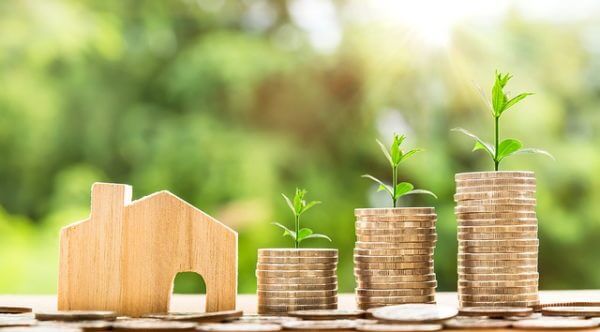
Are you planning to buy a car, saving for your child’s education, or saving up for your home’s down payment? These fall under your medium-term goals.
Four to nine years is too long a period for time deposits with a typical interest rate lower than 2%. With a longer time horizon, you can go into riskier investments where you can earn more in your set amount of time.
For your medium-term goals, it’s best to put your money in a mix of risky and safe investments. Balanced funds and equity-based UITFs are the best investments to consider if you need the money in four to nine years.
However, despite the higher risk involved in these funds, the risk is lessened since professional fund managers handle them. It’s the fund manager’s job to pick the holdings of the balanced and equity funds, and they aim to maximize returns while minimizing risks.
📈 Balanced Funds
Balanced funds are composed of both conservative (bonds) and high-risk (stocks) holdings. They’re the best investments for conservative and moderately aggressive investors who are willing to keep their money invested for three to five years.
📈 Equity UITFs
For the more aggressive medium-term investors, equity UITFs (unit investment trust funds) are the best investments to make. Equity-based funds are made up of 100% stocks, making them high-risk yet high-yield investments in the Philippines.
Investing in equity UITFs is different from investing directly in the stock market. When you invest in stocks, you buy stocks individually at the Philippine Stock Exchange and create your investment portfolio on your own. But when you invest in equity UITFS in the Philippines, fund managers are the ones who manage your pool of stocks.
📈 Pag-IBIG MP2
The Pag-IBIG Modified Pag-IBIG II (MP2) is a voluntary government savings program that allows Pag-IBIG members to invest for as low as ₱500 every month over a five-year period.
What makes the Pag-IBIG MP2 one of the best investments in the Philippines for medium-term financial goals is its historically higher dividend rates than other instruments in the market. The latest MP2 dividend rate for 2021 is 6% per annum.[2] Through the years, this fund growth has been on an upward trend.
Best Investments in the Philippines 2023 for Long-Term Goals
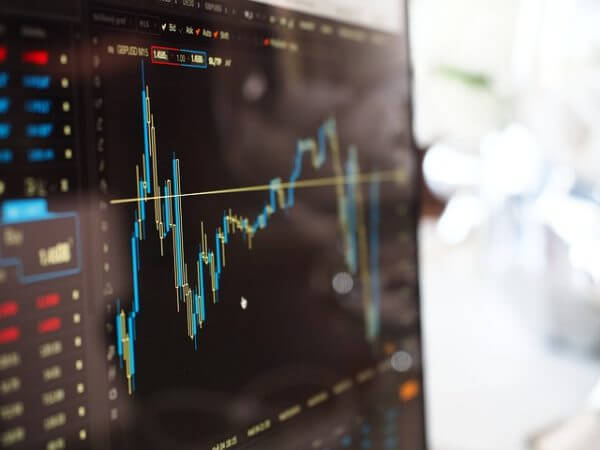
Retirement and funding your child’s college tuition are some long-term goals to save up for. Even if these goals are still decades down the road, it’s best to start early. Time’s your most valuable asset!
When you start investing, time matters more than how much you invest. For example, a 25-year-old who saves ₱60,000 a year until the age of 55 earns more come retirement age than a 35-year-old who puts in ₱120,000. This is the power of compound interest and the importance of starting early.
Don’t wait until you have a larger paycheck or more disposable income before you start investing. Start as soon as you can to make your long-term goals a reality.
With more than 10 years to make your money work for you, you can take on riskier investments, such as investing in the stock market and buying real estate, for your long-term goals.
📈 Stocks
When you join the stock market in the Philippines, you buy stocks of a publicly listed corporation and become one of its part-owners or shareholders. You’ll need only at least ₱5,000 to open a stock trading account.
Investing in stocks yields high earnings when you purchase stocks at a low market price and then sell them later at a higher price. The stock market allows you to reap a larger return on investment than short-term and medium-term instruments, such as bonds and UITFs.
However, stock market prices tend to rise and fall rapidly. If the market price goes down, you’ll lose funds.
Investing in the stock market is ideal for your long-term goals because an investing horizon of more than 10 years greatly minimizes your risks from market crashes, which can take years to recover from.
You can limit risk by putting your money in different stocks and allocating only a portion of your income to stock investing.
📈 Real Estate
Real estate is also among the best investments for your long-term goals—but approach this with caution. Unless you’re rolling in cash, you’ll end up taking out a housing loan that can last well above 10 years.
In addition, the real estate market follows an up-and-down cycle. The uptrend is when people are buying properties left and right, and a downtrend is when people sell, driving prices down. If you buy during the peak of an uptrend and sell during a downtrend, you can either break even or lose money.
Just like investing in the stock market for the long term, buy-and-hold property investing allows you to minimize your risks. Aside from a buy-and-hold strategy, you can put your investment to work by renting your property out on online marketplaces such as Airbnb.
📈 Long-Term Bonds
These are securities that usually come with a 20 to 30-year term. They can be in the form of corporate bonds, government bonds, and even international bonds. Long-term bonds are considered one of the best investments in the Philippines because of the potentially high-interest yields.
One thing to remember about this high-interest investment in the Philippines is that when interests are high, the value of the bonds becomes low, and vice versa.
📈 ETFs
Exchange-Traded Funds or ETFs are a portfolio of bonds, investments, and stocks that are passively managed. ETFs don’t invest in specific securities but in underlying indexes. In general, ETFs are more affordable compared to mutual funds because they don’t charge load fees.
You may consider the following ETFs in the Philippines:
- Currency ETFs - These are pooled investments that track the performance of currencies. Currency ETFs can be used to predict the performance of currencies based on social and political conditions.
- Commodity ETFs - These ETFs invest in commodities like crude oil and gold, making them a more diversified form of investment. They’re also more affordable than owning the commodity physically. Commodity ETFs can also serve as a cushion to your finances when the stock market takes a downturn.
- Industry ETFs - Also known as sector ETFs, industry ETFs are focused on stocks within a specific industry or sector. They allow you to track the performance of corporations belonging to the same industry, making it possible for investors to get in and out of the sector depending on the economic cycle.
📈 Mutual Funds
Mutual funds are pooled investments from different investors to form a massive asset base. People who become part of the mutual fund are called shareholders, and they make money through securities investments:
- When the securities increase in value
- When the securities pay interests and dividends to the pooled fund
Mutual funds are advantageous to investors especially since they offer portfolio management. As an investor, you’ll have a professional buy and sell securities for you. Also, interests and dividends are paid towards the fund, which allows the investment to grow gradually.
Although investing in mutual funds in the Philippines poses lower risks than other forms of investments, you should take note of high fees, sales charges, and even some tendencies of fund managers to abuse their roles. Some fund managers might abuse their authority through excessive replacements and unnecessary trading.
Fund Your Investments with a Security Bank Home Equity Loan
Investments can help you reach your financial goals, but what if you don't exactly have the funds for it at the moment? With the Security Bank Home Equity Loan,[3] you can fund your investments—from UITFs to stocks and real estate.
Security Bank's Home Equity Loan uses your home’s current value as collateral for the cash you'll borrow. Borrow up to 70% of the appraised value for residential properties and up to 60% for vacant lots. Check out its features below:
- Loan amount: Between ₱1 million to ₱10 million
- Loan terms: Flexible payment terms of up to 15 years when collateral is owner-occupied; up to 10 years if not
- Interest rates: 8% to 8.75% (depending on loan term)
- Quick and easy online application
- Quick approval within 10 banking days, as long as you submit complete requirements
Interested? You can easily apply online through Security Bank's website. Just make sure you meet the following eligibility requirements:
- 21 to 65 years old upon loan maturity
- With a minimum monthly income of ₱50,000
- Should either be a permanent employee, practicing professional, OFW, or spouse of an OFW
Aside from investments, you can also use Security Bank’s multi-purpose Home Equity Loan for other goals like education, travel, home improvement, or even debt consolidation. If you have an existing housing loan from other banks, you can use the Home Equity Loan to refinance or take it out, provided that the home equity portion is more than 50% of the outstanding balance upon application.
DISCLAIMER: This article was created in partnership with Security Bank Corporation. While we are financially compensated for this collaboration, we ensure to maintain our editorial integrity to provide you with the best recommendations that can help you make smarter financial decisions.
What is a Good Investment in the Philippines? 8 Things to Consider

Your investment journey doesn’t end in finding the best investments in the Philippines. In fact, the entire investment saga starts from there. And then as you move forward in your investment journey, there will be important questions you need to ask yourself:
1. What is the amount I'm comfortable with investing?
Setting aside the funds for your investment will prevent you from using the money you saved for other goals. Knowing how much you intend to invest will also aid in decision-making and in choosing the right investment product and platform.
2. How does my chosen investment work?
Do you understand how ETFs, mutual funds, bonds, and stocks work? Can you explain the ins and outs of various investment products to someone else?
3. What is my purpose in investing?
Are you investing because you want your money to grow? Or do you just want to put your money in something safe that can also be a source of passive income? Are you looking at investing as an additional income stream?
4. How much do I expect to earn?
Do you think the amount is too conservative or just realistic? Can you achieve your expected earnings through your chosen investment?
5. How long do I intend to invest?
Do you need your money after 12 months? Or can you survive with what you’re currently earning for years without pulling your funds out of the investment?
6. How many types of investments am I interested in?
Choosing more than one investment is wise. You can’t put all your eggs in one basket. Consider choosing the best investment in the Philippines for your short-term goals and another for your long-term goals, if your funds permit.
7. Is it okay to take on a loan so that I can invest?
Borrowing money for an investment takes a lot of consideration. You need to make sure that you can earn more than the cost of your loan. Moreover, you should not depend on the investment as a source of repayments because nothing’s 100% certain with invested money.
As they say, invest money that you can afford to lose. If the borrowed money is too much to be covered by your monthly income, then you might want to save first and wait for the right time.
Read more: Where Can I Invest My ₱1,000? 8 Investments to Consider (Plus Pros and Cons)
8. Can I have more than one investment at a time?

According to Marvin Fausto, “Your goals will help determine your investments.” Your portfolio can be a mix of time deposits, stocks, and real estate.
The key is to use (or not use) the money depending on your goals. For example, stocks are for your long-term financial goals. Don’t use your earnings from the stock market only after a year. Leave it for at least a decade and let it grow.
At the same time, once the time deposit matures after a year, you can take it out and use it to fund your short-term goals or put it in other investment vehicles.
Minimize your risk by diversifying your investments. But at the same time, make sure that your finances are in order.
Even if one of your goals is to own a home, but you’re only starting your first job right out of college, it’s best to hold off on buying property. You won’t be able to afford the monthly amortization.
Instead, invest in other instruments with a low starting capital, and put your earnings from those into your future down payment for a home.
Final Thoughts
When it comes to investing, there’s no one size that fits all. The important thing is you know why you’re investing in something. As Marvin Fausto reiterates, “Set your goals. Align your investments and strategy to your goals, and stick to your strategy.”
In short, keep your goals in mind when picking the best investment in the Philippines. And what better time to start than now?

Sources:
- [1] What is GInvest? (GCash, 2021)
- [2] Pag-IBIG declares record-high P31.79B as 2021 dividends; Regular Savings at 5.5%, MP2 at 6%
- [3] Security Bank Home Equity Loan
DISCLAIMER: The opinions expressed by the writer are theirs alone, and do not reflect the opinions of Moneymax and/or its affiliates or any employee thereof. Neither Moneymax or its affiliates are responsible for the accuracy of any of the information supplied by the guest writer. The opinions expressed in this blog are for general informational purposes only and are intended to provide education about the financial industry.
Nothing in this blog constitutes investment or financial advice or any recommendation that any security, portfolio of securities, investment product, transaction or investment strategy is suitable for any specific person. This material does not take into account your personal circumstances, finances, goals and/or objectives; all of which are unique to you. Readers must make an independent decision regarding investments or strategies mentioned on this blog or elsewhere on www.moneymax.ph. We strongly consider seeking advice from your own financial or investment adviser before taking any action. We do not make any representation or warranty as to the accuracy, completeness or correctness of the information set out in this article.








